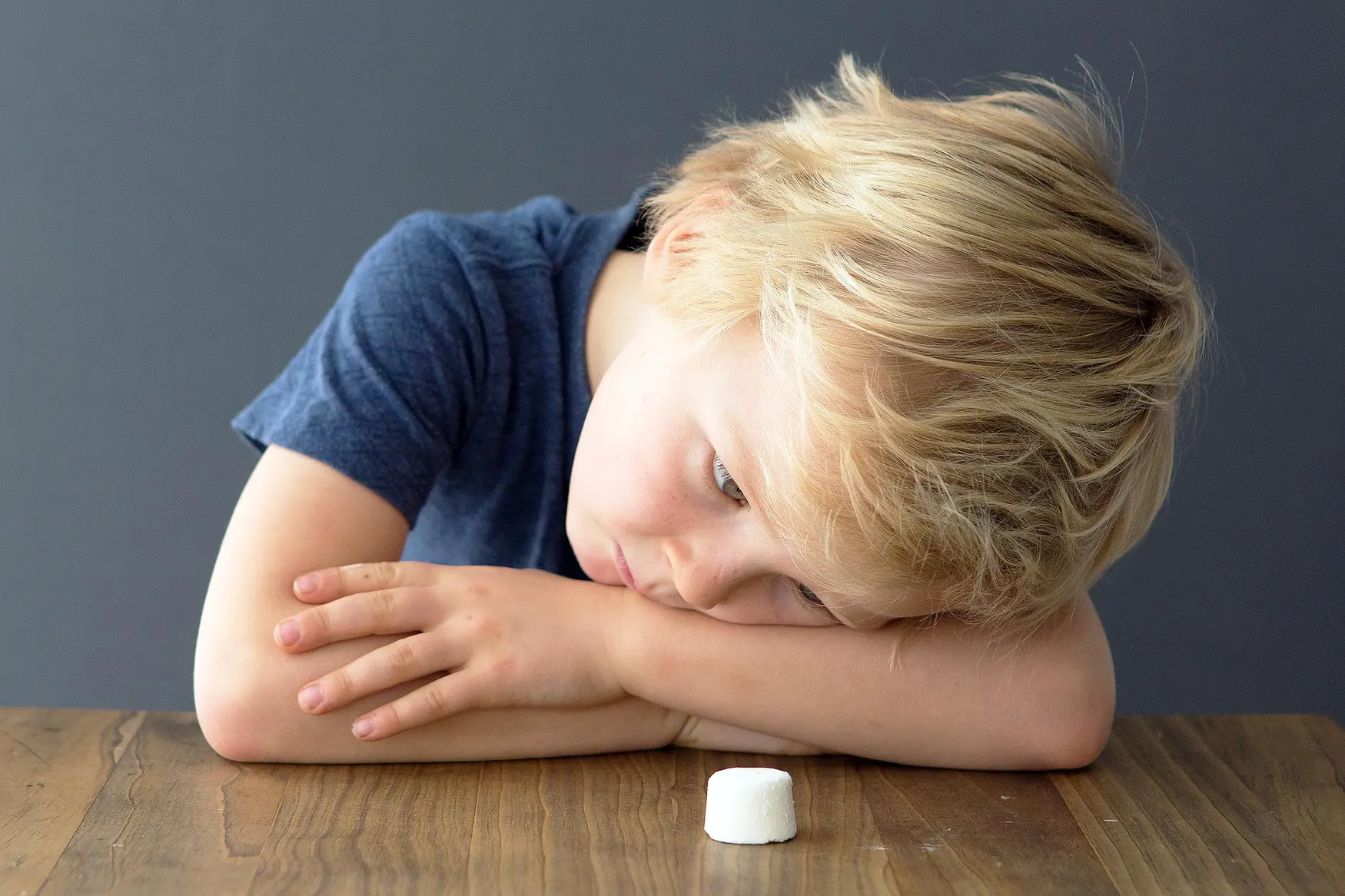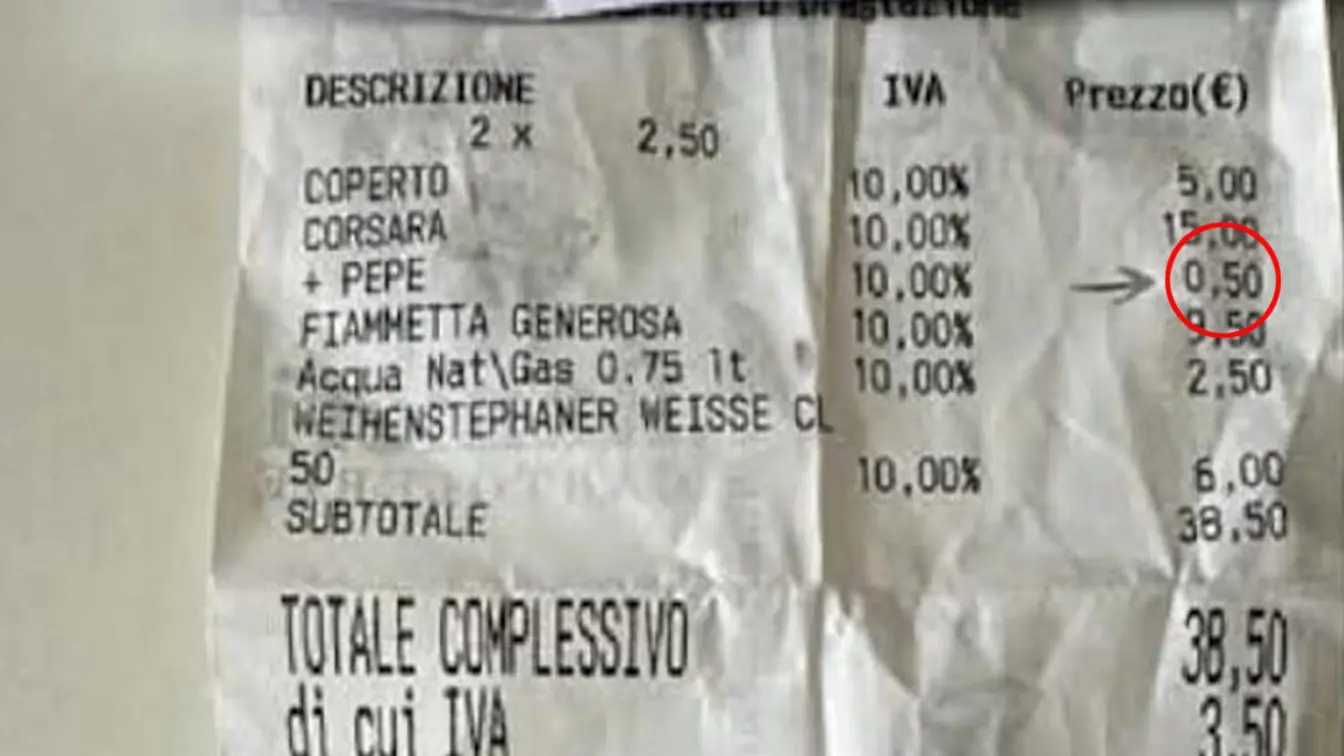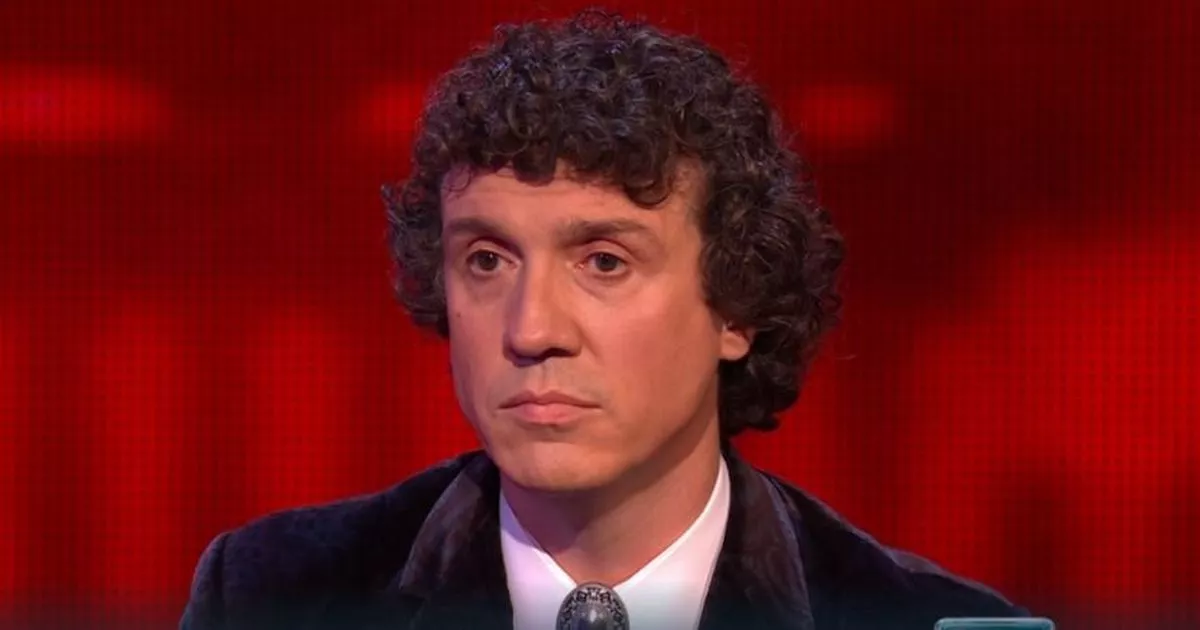T4K3.news
Peer promises boost preschool patience in online test
An online marshmallow experiment shows that a peer pledge to wait increases how long five to six year olds wait before eating their marshmallow, especially for younger children.

An online marshmallow test shows peer promises shape preschoolers' patience, highlighting the power of social reliability in digital settings.
New twist observed when children take the marshmallow test
Researchers ran an online version of the classic marshmallow test with five and six year olds on Zoom. A remote partner appeared on screen and either pledged to wait or expressed doubt about waiting. The children could not respond, turning the scene into a one way test of trust. In the pledge condition, average waiting time rose to about 451 seconds versus 220 seconds in the doubt condition, with younger children showing a stronger effect. Nearly half of the younger group reached the full ten minute wait when the partner pledged, while only about one in ten did so when the partner sounded unsure.
The sample was mainly white, middle class families from northern England, which raises questions about how findings apply to other cultures and groups. The study adds to earlier work showing verbal commitments influence cooperation and suggests social reliability cues can shape self control in digital settings. Researchers also propose using brief peer pledges in online classrooms to boost focus, while noting the need for replication and longer term tracking.
Key Takeaways
"Children in the promise condition waited longer to eat their treat than children in the social risk condition"
Direct finding quoted in the study's analysis
"Trust can override temptation in a digital setting"
Editorial takeaway about broader implications
"A simple verbal commitment may be as powerful as a contract for young minds"
Implication about how commitments work
"Social reliability cues influence behavior more than the promise of an immediate reward"
Synthesis of the study's insight
The result shows that social cues can steer self control even when a child is alone with a digital partner. A spoken pledge acts like a tiny contract that shifts choices, which matters in virtual learning where direct reassurance is limited. This aligns with a broader view that patience arises from context as much as inner drive.
Yet there are limits. The participant group is not diverse, so the impact in other cultures remains unknown. It is also unclear how long the effect lasts beyond a single session. Future work should test reciprocal pledges in real time across cultures and track long term outcomes. The finding invites educators to consider small, clear commitments as a tool to support attention and cooperation in online settings.
Highlights
- A simple promise on screen becomes a patience contract
- Trust from a peer shifts a child's choice
- Verbal pledges can guide action more than a nudge
- Small social contracts may scale in online classrooms
diversity concerns in sample
The study relies on a largely white, middle class sample from northern England which may limit generalizability. Replication across cultures is needed to confirm how universal the effect is.
Small promises may shape big habits when adults nurture them with clarity and consistency.
Enjoyed this? Let your friends know!
Related News

Riot tightens crackdown on boosting

Mario Kart World event open for practice now

New study shows lithium may protect against cognitive decline

Battlefield 6 Open Beta Launch

Trump vows 1500 percent drug price cuts amid questions on feasibility

New study links collagen to explosive strength gains

Fox Hunt delayed to Fall 2025

Hidden pepper charge sparks online backlash
